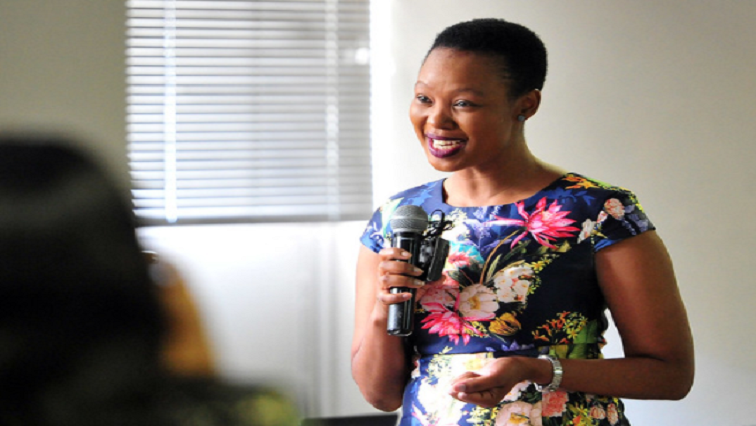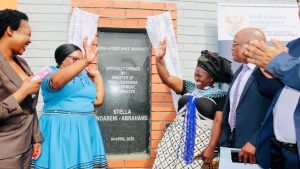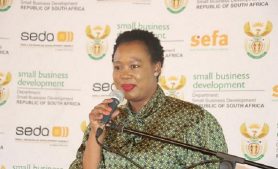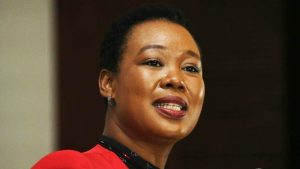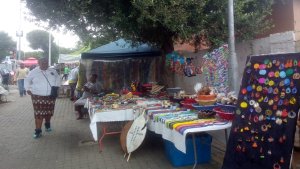Communications Minister, Stella Ndabeni-Abrahams, says not enough is done to inform and educate people about broadcast digital migration. She was speaking at Tabase in Mthatha, in the Eastern Cape, during an awareness campaign.
The rollout of digital terrestrial television continues and the aim is to switch off the old analogue transmission by April 2022, as stated in President Cyril Ramaphosa’s 2021 State of the Nation Address.
Residents from various villages in the King Sabatha Dalindyebo area came in their numbers to register for their government-subsidised decoders. The move from analogue to digital is a Greek word to them.
However, they are hoping things will change as most are experiencing poor network coverage due to bad terrain in remote areas.
Residents, Nosithobele Gangatha and Nokwanda Mazi, say they don’t even understand the Digital Terrestrial Television concept.
“We are here to register; we do not know what this thing is for but we were asked to register,” Gangatha says.
“We don’t have network here. It’s been three months now. They installed an aerial from the Post Office but it doesn’t work. Sometimes only one channel works,” Mazi adds.
More information needed
Minister Ndabeni-Abrahams concedes people still need information about the new system.
She says they will continue with awareness campaigns to ensure that everybody is aware of the digital migration.
“There is more work that needs to be done in terms of raising awareness. As we get to interact with people, we realise that they don’t even know what we are talking about. They don’t even understand what value is this going to bring to them, which is why we said there’s a need for us to enhance on our communication and interaction strategy with the communities.
[The] SABC is hard working in ensuring they are broadcasting all the awareness programmes. Our radio stations, including community media, ourselves as humans in the department, we’re engaging with also other industries to say let’s engage local government leaders to make sure that they can understand what are the economic spinoffs of this programme that we are running,” Ndabeni-Abrahams adds.
Households who earn a combined income less than R3 200 will be subsidised.
Minister Ndabeni-Abrahams has encouraged communities to visit their nearest post office to register.


